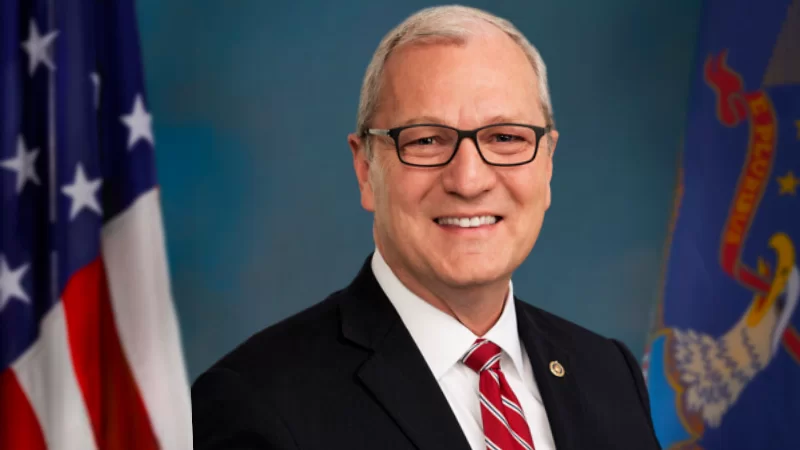Senator Kevin Cramer, US Senator for North Dakota | Senator Kevin Cramer Official website
Senator Kevin Cramer, US Senator for North Dakota | Senator Kevin Cramer Official website
The upcoming Supreme Court case, Garland v. Cargill, has sparked a significant debate over the interpretation of gun rights and the reach of government agencies. At the center of the case is the question of whether a "bump stock" should be classified as a "machinegun" under federal law. The Bureau of Alcohol, Tobacco, Firearms and Explosives (ATF) classified bump stocks as machineguns in 2018, effectively criminalizing their possession.
One of the main concerns raised by opponents of the ATF's decision is the application of the Chevron doctrine. According to this doctrine, government agencies are given deference in interpreting statutes under their jurisdiction. However, critics argue that the doctrine often allows agencies to disregard Congressional intent and engage in what they perceive as activist behavior.
U.S. Senator Kevin Cramer (R-ND) has joined an amicus brief that argues against the ATF's ban on bump stocks and criticizes the use of the Chevron doctrine. He believes that the ban represents a federal overreach and a violation of the Second Amendment. Cramer states, "The ATF's 2018 decision to ban bump stocks exemplifies the federal overreach the Chevron doctrine enables."
The amicus brief, led by U.S. Senator Cynthia Lummis (R-WY), asserts that Chevron deference should not apply to the interpretation of criminal statutes, including the definition of "machinegun" in the National Firearms Act. It argues that granting deference to an agency's interpretation of a statute raises serious concerns about separation of powers and due process. The brief also highlights the potential for policy swings as new administrations take office and emphasizes the need for clear and precise drafting of criminal statutes by Congress.
In addition to Cramer and Lummis, several other senators have cosigned the amicus brief, including John Barrasso (R-WY), Mike Lee (R-UT), Pete Ricketts (R-NE), Steve Daines (R-MT), Cindy Hyde-Smith (R-MS), Mike Rounds (R-SD), and Markwayne Mullin (R-OK).
The amicus brief calls on the Supreme Court to reaffirm the Second Amendment and put an end to agencies' ability to use Chevron as a shield for their activist ambitions. It also suggests that the Court should apply the Rule of Lenity, which requires Congress to speak clearly and precisely when enacting criminal statutes.
The case of Garland v. Cargill has significant implications for gun rights and the balance of power between government agencies and Congress. As the Supreme Court prepares to hear arguments on this matter, the amicus brief raises important concerns about the Chevron doctrine and its impact on the interpretation of criminal statutes.
[Quotations]
- "The ATF's 2018 decision to ban bump stocks exemplifies the federal overreach the Chevron doctrine enables." - U.S. Senator Kevin Cramer (R-ND)
- "Granting deference to an agency's interpretation of a statute when the agency has both formulated the interpretation and is responsible for bringing criminal prosecutions under its interpretation raises especially serious separation of powers and due process concerns." - Amicus brief led by U.S. Senator Cynthia Lummis (R-WY)






 Alerts Sign-up
Alerts Sign-up